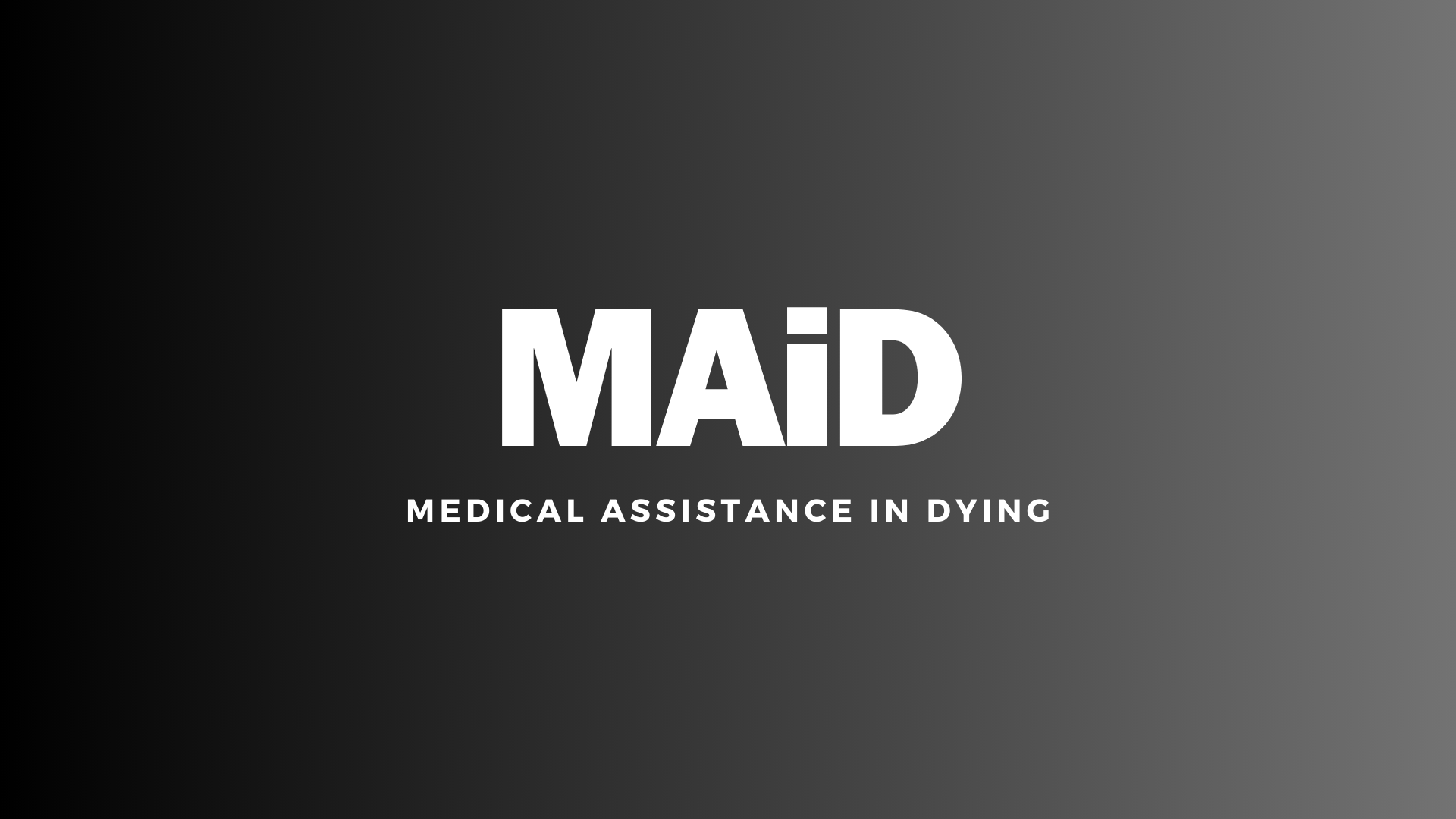A judge in Calgary just gave the green light for a 27-year-old, battling autism and ADHD, to go ahead with medically assisted suicide. It’s a move that’s stirring up a lot of mixed feelings, especially since her dad was fighting tooth and nail in court to stop it from happening. This whole situation really shines a spotlight on the big debates tearing through Canada right now about medically assisted death, especially for folks whose main struggles are with their mental health.
The Debate
It’s a tricky balance, right? X ecosystem (formerly known as Twitter) is seeing a discourse surrounding this case. On one hand, you’ve got people arguing that we need to respect personal autonomy. On the other, there’s this huge cry out for better mental health support across the country. Critics are pointing fingers at Canada’s healthcare for not having enough psych support to go around, making the option of medically assisted death seem like a “quick fix” for deeper issues.

Dignity and right to self-determination’ outweigh parent’s concerns, judge says
But wait, there’s another layer to this. Matthew Parris’ piece on this has created a controversy. He is being called out for discrimination against disabled people.
Another coverage points out, how climate change is messing with people’s heads, sparking what the experts are calling “eco-anxiety.” And, get this, the brainiacs are even tossing around some Latin, calling it “solastalgia.” Seems like a lot of folks up north are really feeling the heat on this – not just from the climate, but from worrying about it, too. A whopping 74% of Canadians are stressed about global warming, and it’s hitting the younger crowd even harder. They’re not just worried; they’re pretty gloomy about the future.
Assisted Suicide for Mental Health
Now, with the number of people choosing medically assisted death on the rise, and some heartbreaking stories about folks: is it only a matter of time before people start thinking about stepping out through assisted suicide as the only resort? It also points out to lack of sufficient accommodations for neurodivergent people facing distress.
Although, in this case, father argues, his daughter does not meet the criteria for Medical Assistance in Dying (MAiD). He is willing to challenge the decision in a higher court.
It’s a mix of personal rights, mental health struggles and a father losing his child to mental illnesses. Makes you think, huh?

Leave a Reply